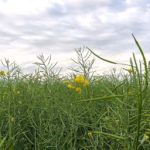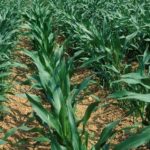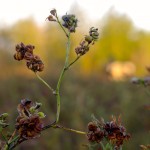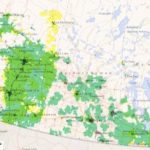Reuters — The world scaled back biotech crop planting for the first time ever in 2015, led by a decline in the U.S., which has fuelled rapid expansion of genetically modified crops since their commercial launch two decades ago, according to an annual report released Wednesday. The decline was blamed largely on lower crop plantings […] Read more



 Crops
Crops










